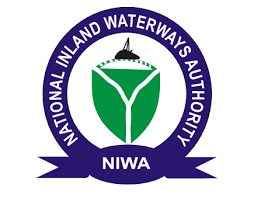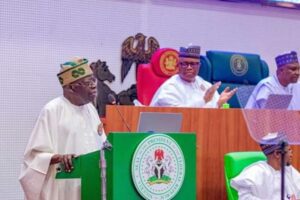


W’Bank uncovers $32m unaccounted funds in Nigeria’s water project
The World Bank has uncovered $32 million in unaccounted funds in a Nigerian water sector project, sparking concerns over possible embezzlement and mismanagement.
The discrepancy was flagged by the Bank’s Integrity Vice Presidency following a forensic review, as outlined in the FY2024 Sanctions System Annual Report.
The funds, earmarked for improving water infrastructure, were not properly tracked, prompting a safeguard intervention.
To address the issue and mitigate risks, the World Bank has engaged with the project team, including Nigeria’s Task Team Leader, Operations Manager, and Financial Management Specialist.
The bank outlined steps to recover the missing funds and prevent additional losses.
The Central Bank of Nigeria has been directed to reimburse $22 million, while $6 million will remain in the project account for anticipated operational costs.
The bank has also limited the project’s financial operations to direct payments to curb further irregularities.
The report read, “INT followed up on risks identified regarding a project in Nigeria’s water sector and flagged to operations the risk, which was associated with $32m of unaccounted funds.
“INT met with the Task Team Leader, Operations Manager, Programme Leader, and Financial Management Specialist to identify steps to reduce the risk of embezzlement. As a result, the project team asked the Central Bank (of Nigeria) to reimburse the full amount ($22m) and limited the remainder of the project to direct payments.
“The local account remained with about $6m in undisbursed balance, a little more than the anticipated PIU expenses for the remainder of the project.”
Further investigations revealed that the World Bank has imposed a 1.5-year debarment with conditional release on a Nigerian engineering firm and its managing director for fraudulent activities in the Nigeria Erosion and Watershed Management Project.
This action follows an investigation by the Bank’s Integrity Vice Presidency, which found instances of misrepresentation during both the bidding and execution phases of the project.
The world bank document noted, “This case arises in the context of the Nigeria Erosion and Watershed Management Project (the “Project”) in the Federal Republic of Nigeria.
“The project sought to reduce vulnerability to soil erosion in targeted sub-watersheds in Nigeria. On April 16, 2013, Nigeria entered into a financing agreement with IDA for an amount equivalent to Special Drawing Rights (‘SDR’) 321.4m (approximately $500m at the time of signature) to support the project.
“Simultaneously, the bank and Nigeria entered into two grant agreements under the Global Environment Facility and the GEF Special Climate Change Fund, for $3.96m and $4.63m, respectively, to support the project.
“On February 12, 2019, the bank provided additional financing to Nigeria in the amount of SDR 208.7m (equivalent to $300m), plus a Scale-up Facility Additional Credit in the amount of $100m. The project became effective on September 16, 2013, and closed on June 30, 2022.”
The NEWMAP project, funded by the International Development Association and supported by the Global Environment Facility, aimed to reduce soil erosion in targeted Nigerian sub-watersheds.
The $900 million initiative covered multiple states, including Abia, where the engineering firm under scrutiny was contracted.



